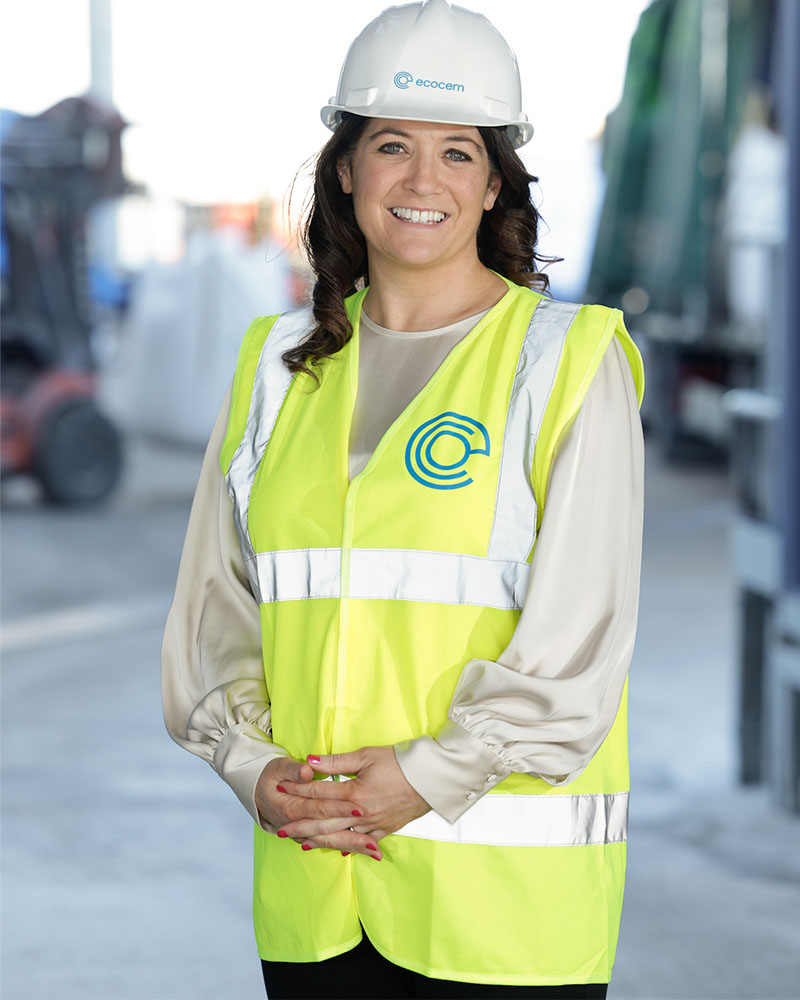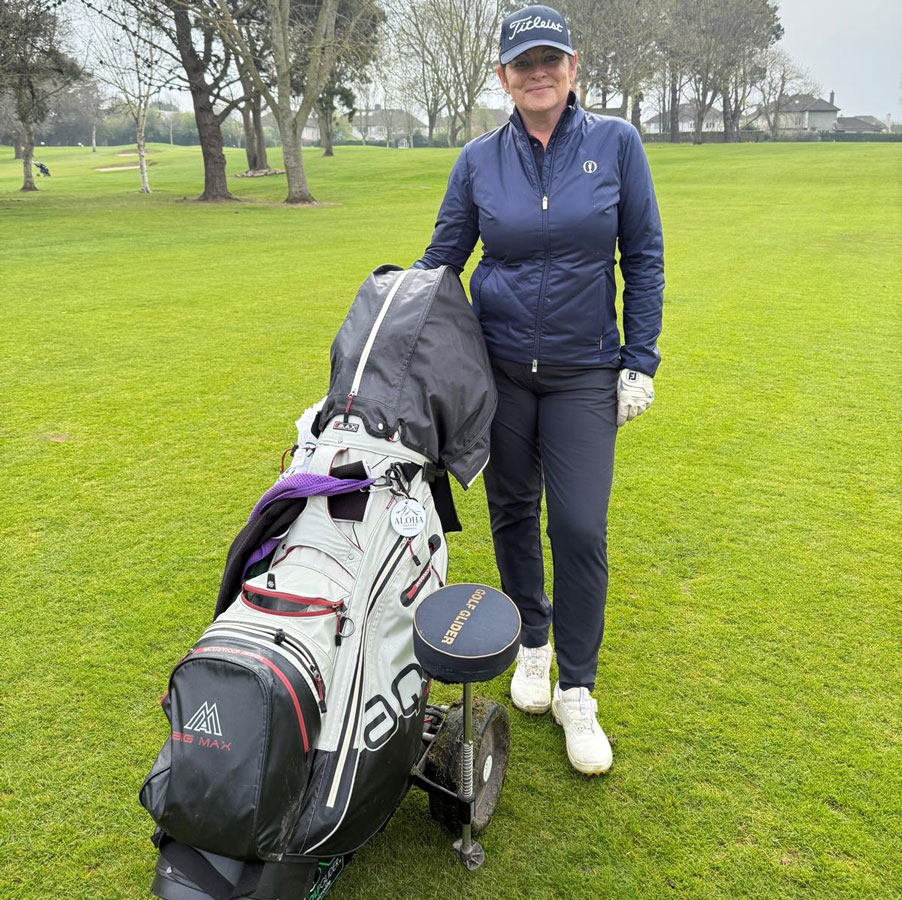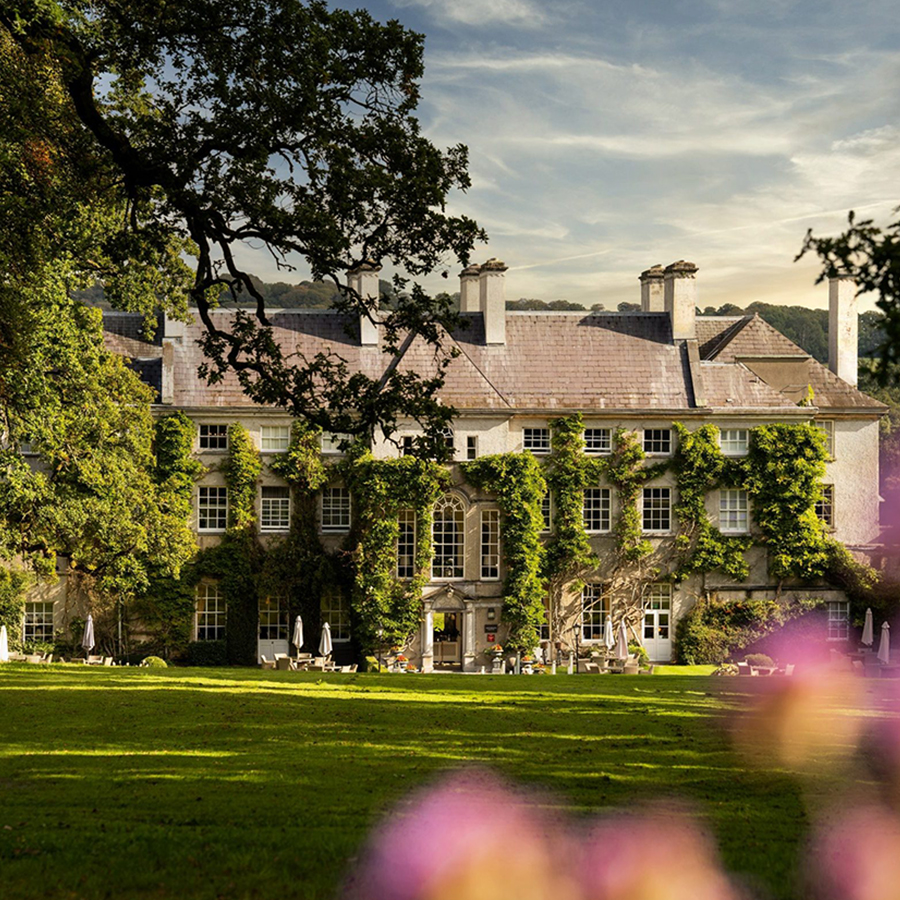In this new monthly series, we interview CEOs, finding out how they got to where they are now. This month, we meet Ecocem CEO Sally Anne Sherry …
Within minutes of meeting Sally Anne Sherry in the InterContinental in Ballsbridge, Co Dublin I knew she was the “real deal”: bright, articulate, knowledgeable and delightfully self-effacing.
Behind the smile is a steely, experienced, no-nonsense businesswoman, which is not surprising given that, as a qualified lawyer, she spent most of her career to date in property development. She advised Treasury Holdings in the early days, then worked with Johnny Ronan in Ronan Group Real Estate, where she worked on their exit from NAMA in 2015, followed by eight years as in-house counsel at Richard Barrett’s Bartra. Certainly not roles for the fainthearted.
Property development is big business, and Sally Anne was front and centre in a series of challenging situations and, as she said herself, has learned a lot at an “unrelenting pace”.
“The main thing is to stay calm and think carefully whether to do something or do nothing. Sometimes, reacting quickly fuels the fire. Other times, it is necessary to hold your hands up and own it.”
Wise words, indeed.
She always saw herself in a CEO role, so when the opportunity came at Ecocem – the global leader in international low-carbon cement – she jumped at the chance. As CEO of Ireland and UK operations, the group has global headquarters in Dublin, employs over 200 people, with annual sales more than €200m – competing against huge cement companies.
Why would someone move from the cut and thrust of property development to such a different, niche role, albeit in the same sector? She was attracted to the mission to decarbonise cement, a highly pollutive carbon sector, she says, “to make both our economies and societies more sustainable places to work and live in. Cement accounts for five per cent of Ireland’s natural emissions and about eight per cent of global emissions, making it more polluting than aviation, shipping and long-haul trucking combined”.
Accepting that the issue is not universally understood, she explains that the company was set up long before the relatively new focus on environmental sustainability and the imperative for climate action became mainstream. Its products were initially in demand as they were considered technically superior, but now their attraction is their ability to help lower the carbon footprint in the construction sector.

In a sector that is traditionally slow to change, demand for Ecocem’s products has increased in line with the increased focus on environmental sustainability. Most international and indigenous companies now have their own ESG programmes, with clear emissions targets. In the public sector, there is a new Public Procurement Mandate in Ireland that requires all concrete products, procured by public bodies, to specify a minimum of 30 per cent of this type of product. “We help our customers to fulfil and, in many cases, exceed their legal requirements as we work on exciting new product developments,” says Sally Anne.
Ecocem currently produces and sells GGBS (a high-performance, low-carbon alternative to traditional cement), and now has a breakthrough low-carbon technology – ACT. This new industry technology enables a 70 per cent reduction in carbon emissions, without the need for industry players to dramatically change the way that they make cement.
Sally Anne clearly loves being CEO, surrounded by “like-minded people where everybody is working to a common goal, which is refreshing”. In a typically male-dominated industry and given myriad issues facing the construction industry in Ireland, our housing crisis in particular, it’s clearly a hugely challenging role, which she relishes. That’s not withstanding another significant challenge, which is the rising cost of doing business in Ireland, particularly the cost of energy.
“The Climate Change Advisory Council has estimated that Ireland could face €8bn in compliance files for fines for failing to meet our 2030 targets, so there’s a big incentive to change the way we do things.”
At 43, Sally Anne has achieved so much in her career already. Apart from her day job as Irish and UK CEO, she’s also on the board of TUD, CEIST, Donegal 2040 and a non-executive director of Mainline Power. It’s not much quieter at home, by the sounds of things. Sally Anne is a mum to four children, two girls and two boys, aged between six and twelve. So, how does she manage it all? She reckons the secret is to be very well-organised, in all aspects of her life, especially when travelling.
I am intrigued to know with all of that on her plate, what does she do in her “spare time”? She enjoys time with her family such as a recent skiing trip, or if she wants to have “real fun” it would be a weekend away with her schoolfriends from Donegal. She’s not a CEO or a mum when she’s with them – she’s just Sally Anne.
As we are leaving, she tells a story that illustrates her creative, yet very practical, approach to business and to life. She put her house up for sale on a road she loved, given her growing family. While it was on the market, she met a neighbour who was selling their home ten doors down due to downsizing. They did a deal and swapped houses – talk about a win, win! A clear goal, great plan, brilliantly executed.
Maybe her next role could be Minister for Housing, I mused, as we said goodbye.


















 English (United States) ·
English (United States) ·